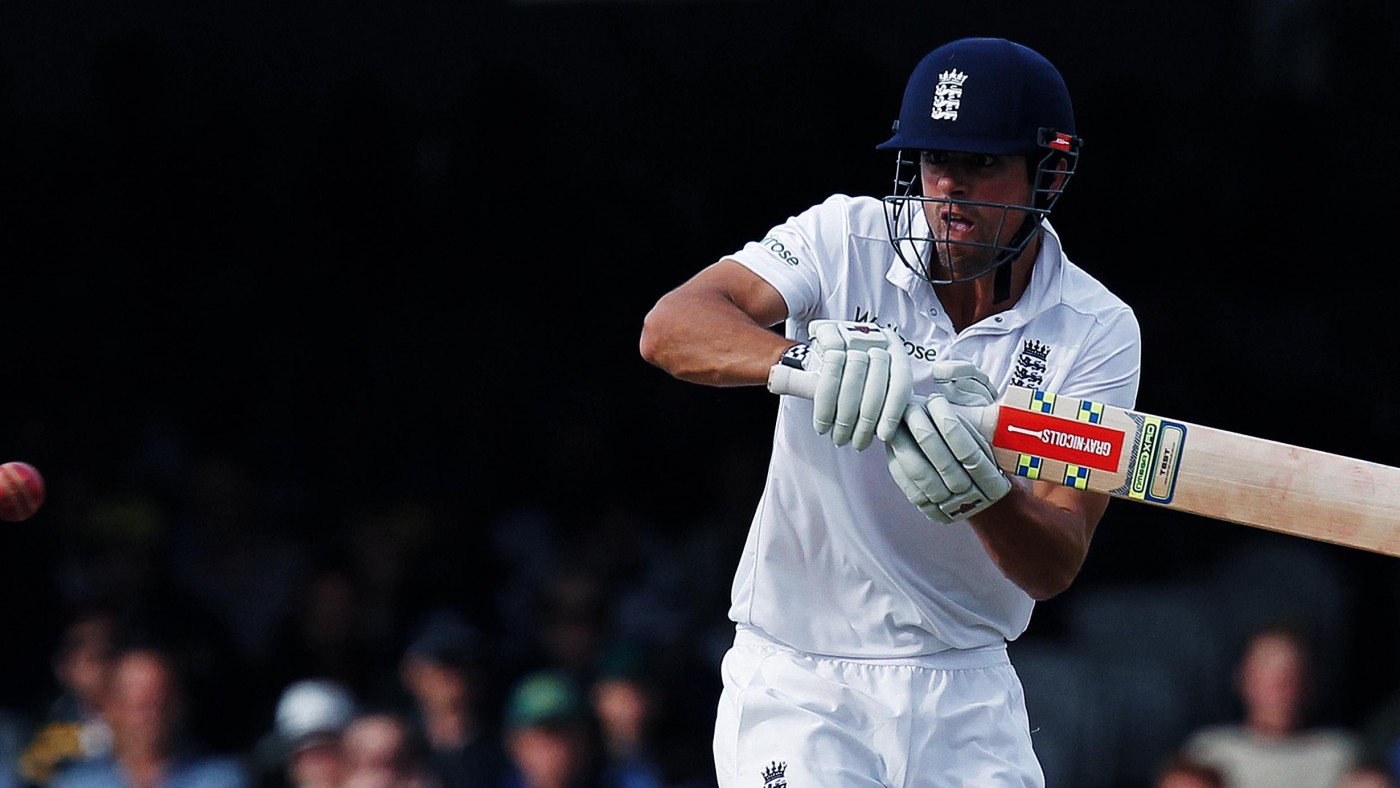Leave aside how England are faring in second test match against Australia at Lord’s. As batsmen Joe Root and Gary Ballance were laying a winning platform for England against Australia on the opening day of The Ashes, their Yorkshire teammates were wrapping up victory over Warwickshire to go 24 points clear in the LV County Championship with a game in hand.
As Rachel Cunliffe pointed out the other day, CapX is a site more about economics than sport. But Yorkshire’s remarkable cricketing success has its roots in the simple concept of competition, a key ingredient to a market based economy.
Last season’s County Championship winners, Yorkshire began the start of their title defence without six of their best players who were travelling with the England squad in the West Indies. Despite losing half their team for much of the season, including four players in the current Test squad, the White Rose County has bulldozed much of the opposition including a recent victory over their nearest rivals Durham with a day to spare.
Asked how the county is able to supply a hefty chunk of the England team and still add to its record 31 County Championship titles (13 more than second place Surrey), the club’s Academy coach, Richard Damms, puts it down to the refining fire of competition. “The biggest advantage is the number of young lads playing cricket in Yorkshire,” he told Cricinfo. “There are that many lads fighting for the same spots. Inevitably it raises standards and the Yorkshire members demand that we are producing our own. Our job is to facilitate opportunities and see who stands up and takes those opportunities and who, unfortunately, falls by the wayside. Everything we do is competitive because we know how tough it is.”
What separates Yorkshire from the rest of the country is the vast amount of cricket being played there and this in turn creates the conditions for the cream to rise to the top. There are 747 cricket clubs in Yorkshire, more than the whole of Australia. If you can excel in the Yorkshire League you must be good.
Sport is the ultimate example of the invisible force of competition naturally funnelling the best to the top. The cyclists currently pedalling their way across Europe in the Tour de France are the elite, their road to that pinnacle has been a long one and they’ve had to shine at each lower level of competition to climb the ranks.
For something that is an enjoyable pastime and source of entertainment for many, sport has little room for sentimentality. Once an ageing tennis player starts to lose a step, or no longer has the strength to survive endless punishing baseline rallies, the Wimbledon Centre Court brutally exposes those weaknesses in front of millions of viewers. It may not have the lethal consequences of the blood stained Roman Coliseum but the principle is similar.
This is where applying the Darwinism of sport to economics can become overly simplistic. As Zac Tate has written for CapX, on the competition underpinning modern capitalism: mobile labour and capital and footloose multinational compass for the losers become a matter of life and death.
But there is no doubt that competition offers an opportunity for those who are able to grasp it. As Alan Birkinshaw, chairman of the Yorkshire Premier Cricket Board, said: “We hope that clubs see the benefits of having a structure where a small club with big ambitions can have a clear pathway to the top.”


